New revenue structure will determine sustainable development
On the afternoon of April 15, Minister Nguyen Manh Hung chaired a conference to review state management work in the first quarter of 2024 of the Ministry of Information and Communications with management subjects.
Taking place in a combination of direct and online formats with 4 connecting points, the conference was attended by Deputy Ministers Pham Duc Long, Nguyen Huy Dung and representatives of enterprises, associations, press agencies, and publishers in the field of information and communication.
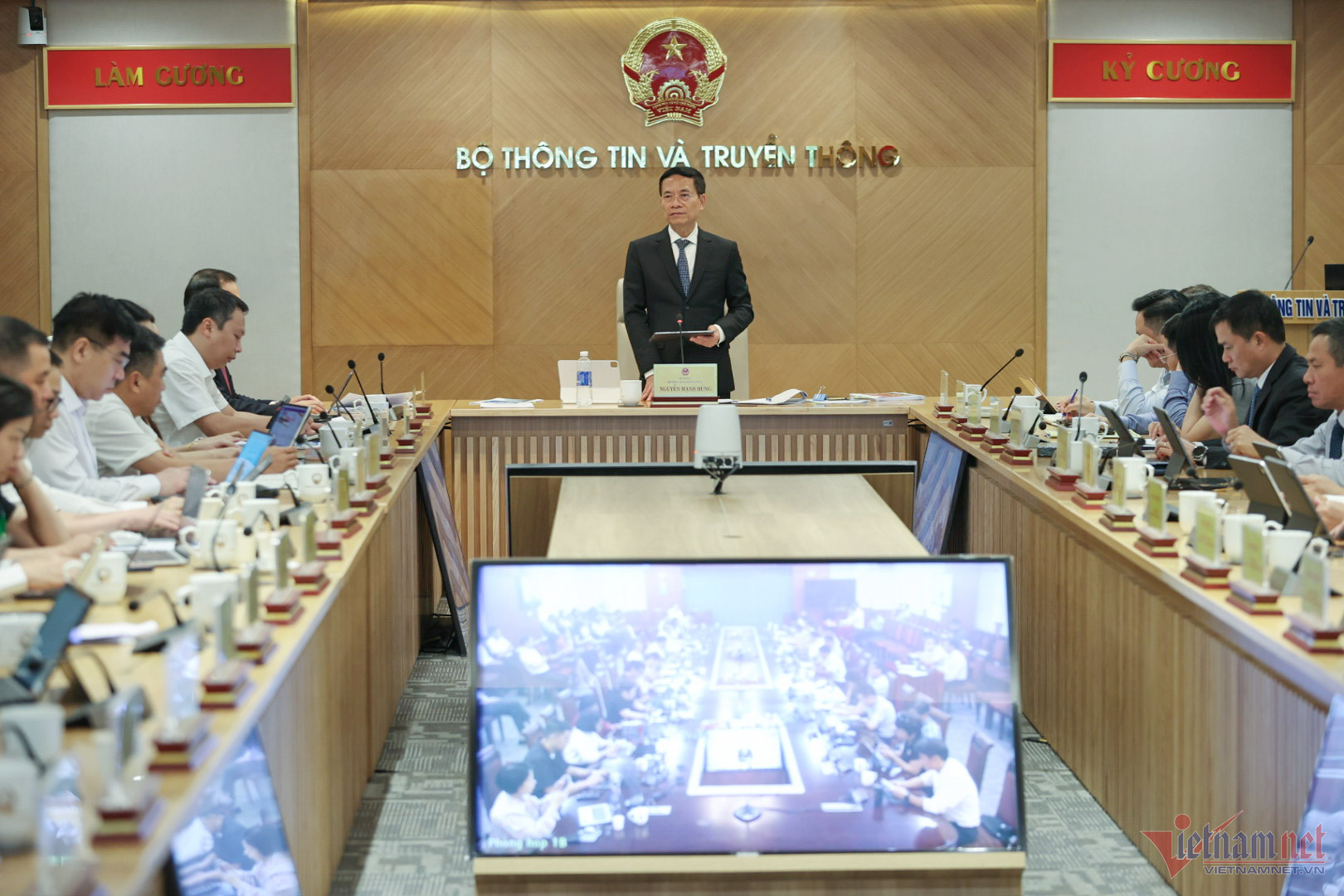
According to the Office of the Ministry of Information and Communications, in the first quarter of 2024, the online petition receiving and processing system of the Information and Communications sector received 50 petitions from enterprises, public service units, press and publishing agencies. As of 2:00 p.m. on April 15, all of these petitions had been responded to by units under the Ministry.
After carefully reviewing the recommendations and responses to the recommendations sent to the Ministry of Information and Communications in the first quarter of 2024, Minister Nguyen Manh Hung commented that the Ministry's reception and response to recommendations has made significant progress in recent times. The quality of the questions from the units is good, and the answers from the departments and divisions have also improved compared to before. "I hope that the units in the industry will increase their in-depth inquiries and increase their efforts to the end. Thereby, it will help the Ministry's state management to be more 'hands-on'," the Minister suggested.
The Minister also reminded agencies and units in both the press and digital technology sectors about the need to have a new direction and diversify revenue sources. The Minister analyzed that traditional revenue sources are being eroded, and units need to have new revenue sources. On the other hand, new technology is changing industries, thus also creating new revenue sources.
“The new revenue structure will determine the sustainable development of a business or a public service unit. Therefore, both public service units and businesses need to pay attention that the revenue structure determines the future and must proactively restructure the revenue source,” the Minister emphasized.
Pointing out that the entire IT&T industry must first digitally transform itself, then become the core to digitally transform other industries, localities and businesses, the head of the IT&T industry also suggested the simplest and most effective way to apply existing digital applications.

Regarding the application of AI in daily work, the Minister noted that the narrower the application of AI, the more effective, easy to do and easy to deploy; the narrower the AI, the smarter it is. Narrow AI is a virtual assistant AI for each department, bureau, enterprise, and press agency. Departments, bureaus, enterprises, and press agencies will provide data and training to have their own virtual assistants, based on the LLM platform developed by technology enterprises.
Emphasizing the importance of the research and development department for the proper development of an organization, the Minister said: To develop based on science, technology and innovation, every unit in the information and communication industry needs this department. Setting the right problem and issue is the first and most important thing in research and development, which can account for over 50%.
The Minister also pointed out to the departments and offices in the Ministry ways to support the development of domestic digital technology enterprises. That is, it is necessary to set up management problems for enterprises to develop software, develop applications, test and set goals, and organize procurement. Citing specific examples of the Department of Information Security recently posing a number of problems for enterprises, the Minister said that by solving these problems, enterprises will grow.
Commercializing 5G but 4G network must also be better
At the conference, many encouraging signs about the development of Vietnam's digital infrastructure were shared by leaders of units and enterprises. According to General Director of VNPT IT Duong Thanh Long, VNPT is focusing on developing broadband infrastructure, enhancing international connectivity, developing data centers, cloud computing infrastructure, IoT, and collaborating with domestic and foreign units to develop digital platforms.
Regarding Viettel, Viettel Telecom General Director Cao Anh Son said that since 2020, this company has had many campaigns to convert 2G subscribers to 4G. As a result, the number of 2G subscribers on Viettel's network has decreased sharply.
Viettel will continue to take action to reduce the 2G subscriber rate to below 5% of the total network subscribers by September 2024. To do that, Viettel plans to deploy about 20,000 more BTS stations, increasing 4G coverage equivalent to 2G.
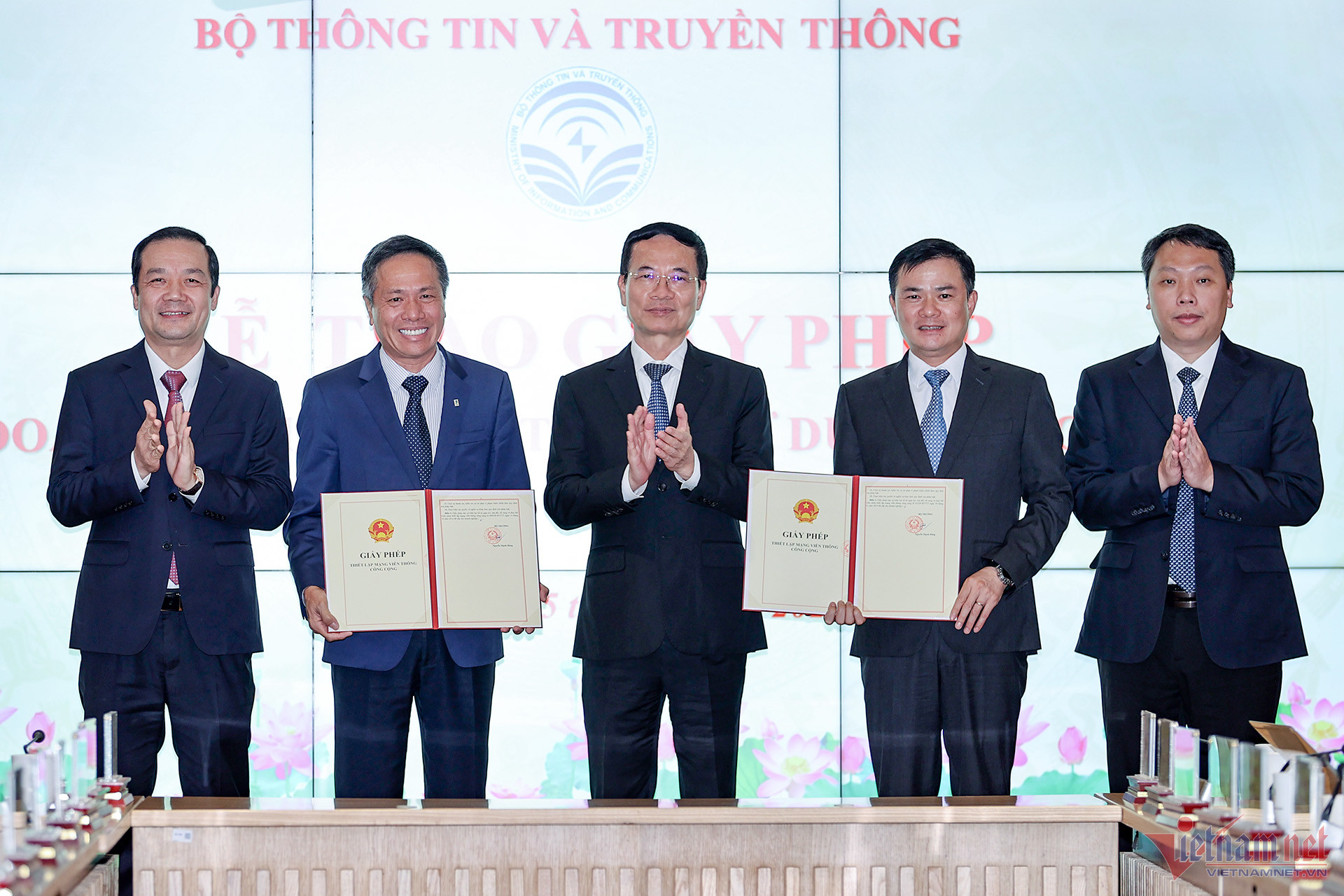
A notable highlight of Vietnam's digital infrastructure recently is the successful auction of frequency usage rights for two frequency bands: B1 (2500 - 2600 MHz) and C2 (3700 - 3800 MHz).
With Viettel and VNPT successfully bidding, the Ministry of Information and Communications has granted a license to establish a network and provide terrestrial mobile information services using 5G technology from April 11, 2024. At the conference on April 15, Minister Nguyen Manh Hung granted a license to operate terrestrial mobile telecommunications services using 5G technology to two enterprises that won ownership of the two frequency bands B1 and C2.
In the context of the upcoming deployment of 5G services in Vietnam, both VNPT and Viettel consider this a strategic priority. VNPT plans to upgrade its transmission system and invest in 1,000 new 5G stations in 2024. Viettel is also determined to commercialize 5G services this year to provide them to people and businesses early.
According to Minister Nguyen Manh Hung, the frequency ratio per network operator and per capita in Vietnam is currently about 40% lower than that of ASEAN countries. This will certainly have an impact on network quality.

In his discussion with network operators, the Minister paid special attention to ensuring the quality of telecommunications networks. In the next few years, 4G services will still play a dominant role in the Vietnamese market. Therefore, network operators need to find ways to upgrade their networks, ensuring the quality of 4G networks is enhanced, in parallel with the deployment of 5G.
“5G is the focus, but 4G is the core network, with large capacity and wide coverage. Network operators must invest more in 4G and new 5G networks to ensure quality,” the Minister said.
The solution to this problem, according to the head of the IT&T industry, is that network operators should consider bidding for additional low frequencies, in the 700 MHz band, to improve the quality of 4G coverage. From the perspective of the management agency, to promote the quality of the telecommunications network, the Ministry of Information and Communications will measure and publicly announce it every month.
A new approach to digital transformation, focusing on system resilience
At the conference, in addition to telecommunications and radio frequencies, through listening to the sharing and exchange of a management unit such as Nha Nam Company, Vietnam News Agency, Hanoi Radio and Television Station, Natural Resources and Environment Newspaper, VinAI Company..., Minister Nguyen Manh Hung also gave specific instructions to other areas of the industry such as post, digital transformation, network information security, digital technology industry, press, publishing, and grassroots information.
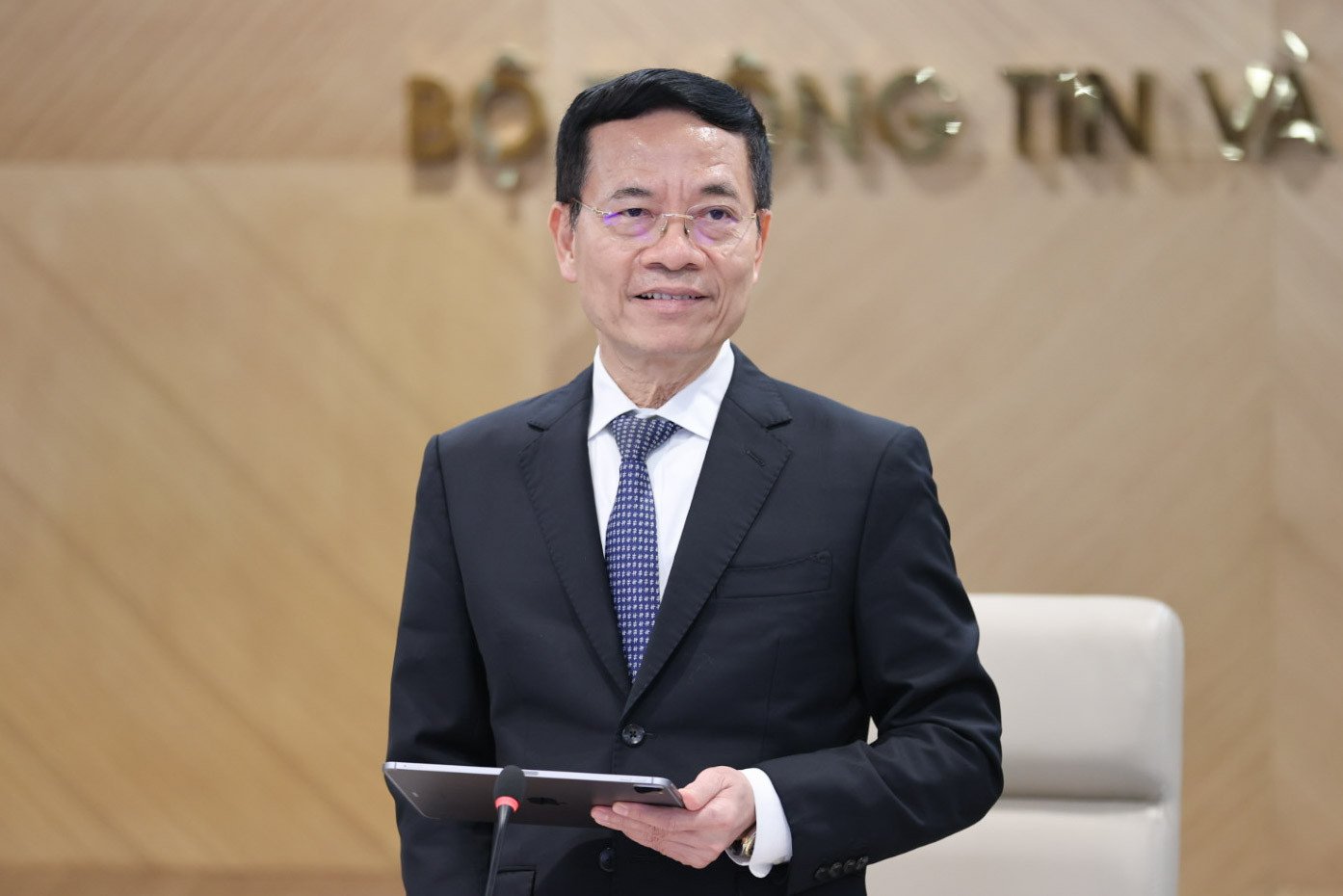
For example, with postal services, emphasizing the important role of this sector as well as investment in postal infrastructure, the Minister directed the Postal Department to clarify the content of postal infrastructure and guide postal enterprises in implementation and investment.
In addition to the responsibility of ensuring fair competition through clarifying criteria, monitoring the market and handling violations, the Postal Department also needs to periodically measure and announce service quality so that businesses can take measures to improve service quality. “Measuring and announcing quality is one of the effective state management tools, not only in the postal sector but also in other sectors,” the Minister requested.
Regarding digital transformation, in addition to paying attention to the important task of amending Decree 73 regulating the management of investment and application of IT using the state budget to ensure feasibility, the head of the Information and Communications sector pointed out that in the second quarter of 2024, the Ministry of Information and Communications will evaluate and announce a model province for smart urban operations centers and full-service online public services. The new way of the Ministry is to make a model, do it on-site, and then announce a model province for other localities to learn from. The Minister also requested: The measurement and assessment of digital transformation must be online. Everything managed by the National Digital Transformation Agency must be connected online to the systems of the subjects and resolutely not accept paper reports.
The Minister urged agencies, businesses, and public service units to pay attention to data as the most important asset, and the more they exploit it, the more value it creates. Digital transformation must be based on data. To promote the construction of databases in ministries, branches, and localities to ensure that they are "correct, sufficient, clean, and alive", the Ministry of Information and Communications has established a Data Department at the National Digital Transformation Agency. In the coming time, the department will provide guidance to ministries and provinces on database construction.

From the reality of recent ransomware attacks targeting business systems, the Minister said this is a good opportunity to review the safety level of information security systems and also an opportunity to raise awareness of information security and network security among agencies, organizations, businesses and the whole society. Recent attacks have warned of the risks and the level of damage when units are attacked by cyber attacks.
The Minister pointed out that the Prime Minister has issued a directive to comply with legal regulations and strengthen the security of information systems at all levels. Ministries, branches, localities, and businesses and units in the information and communications industry need to thoroughly understand this directive. The Information Security Department has instructions on implementing the directive, paying special attention to the resilience of the system and the ability to recover the system. "Because we will not be able to avoid being attacked, the important thing is the ability to recover the system," the Minister emphasized.
Noting that investment in IT and digital transformation must always include a safety and network security component with a spending level of at least 10%, the head of the Information and Communications sector also requested the Information Security Department to quickly invest in upgrading the system for the National Cyber Security Monitoring Center, with the goal of having this Center perform well both important functions of monitoring information in cyberspace and monitoring attacks, and providing support when the unit is attacked.

Source





![[Photo] Looking back at the impressive moments of the Vietnamese rescue team in Myanmar](https://vstatic.vietnam.vn/vietnam/resource/IMAGE/2025/4/11/5623ca902a934e19b604c718265249d0)
![[Photo] "Beauties" participate in the parade rehearsal at Bien Hoa airport](https://vstatic.vietnam.vn/vietnam/resource/IMAGE/2025/4/11/155502af3384431e918de0e2e585d13a)



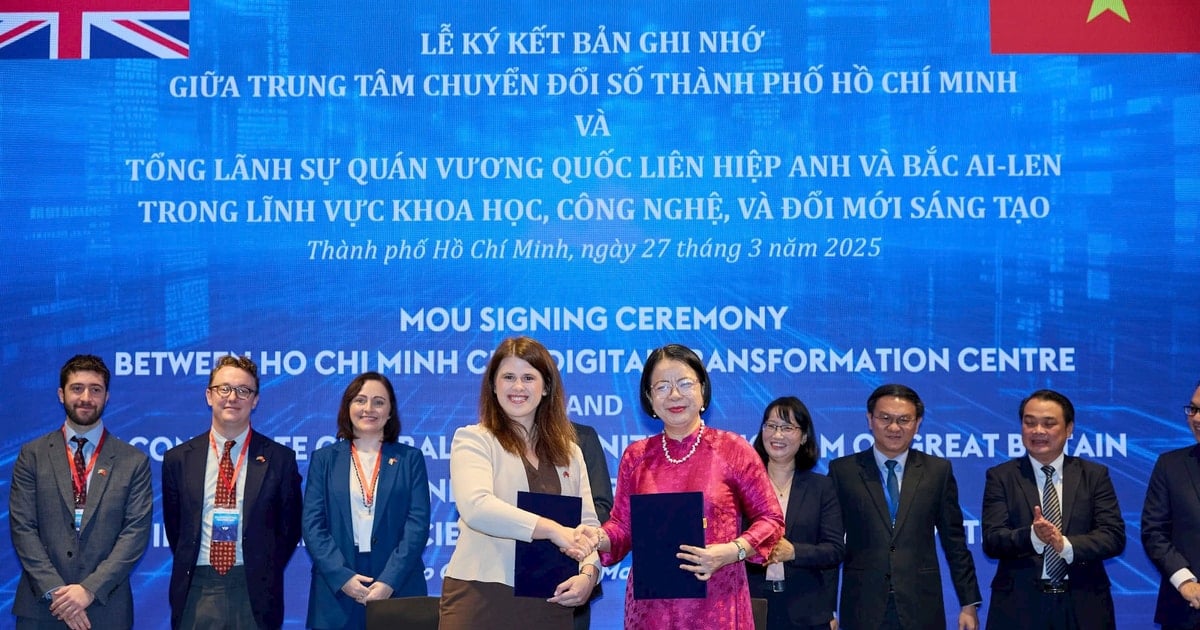



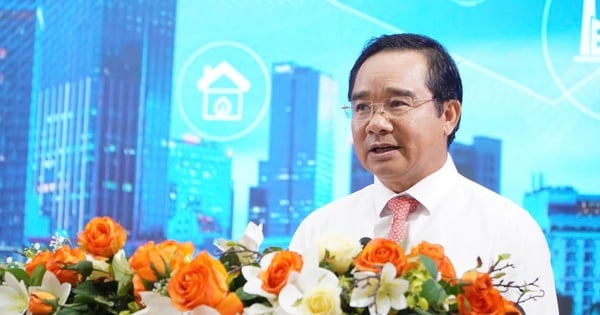






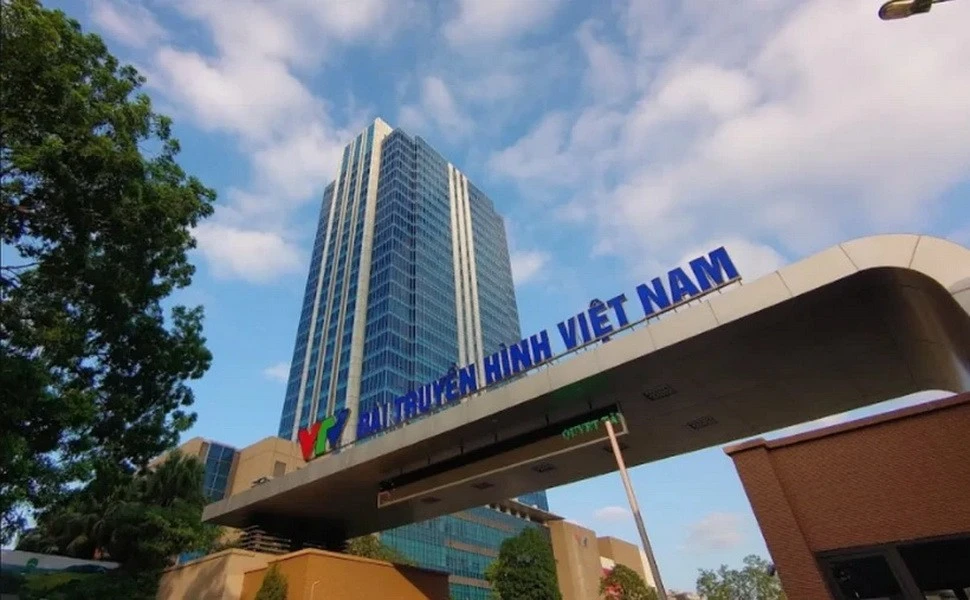


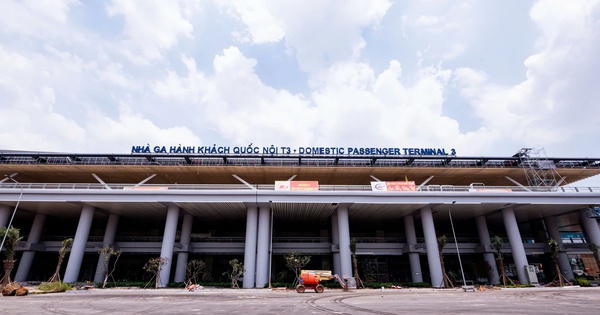
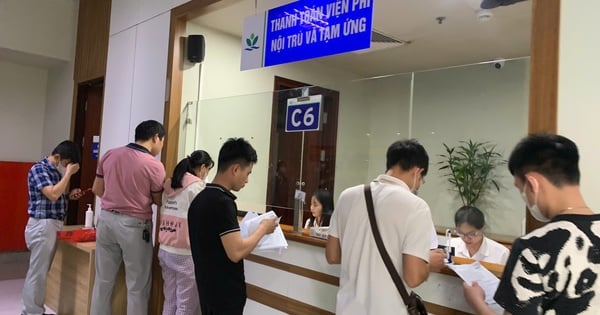


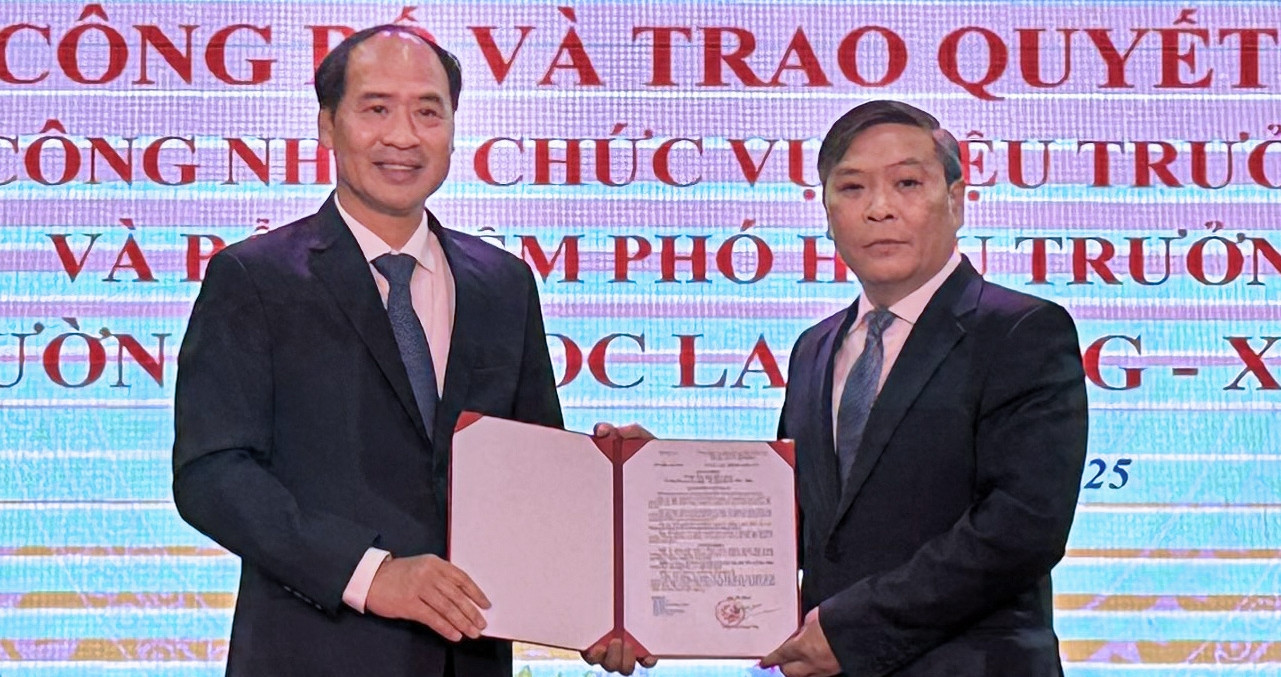


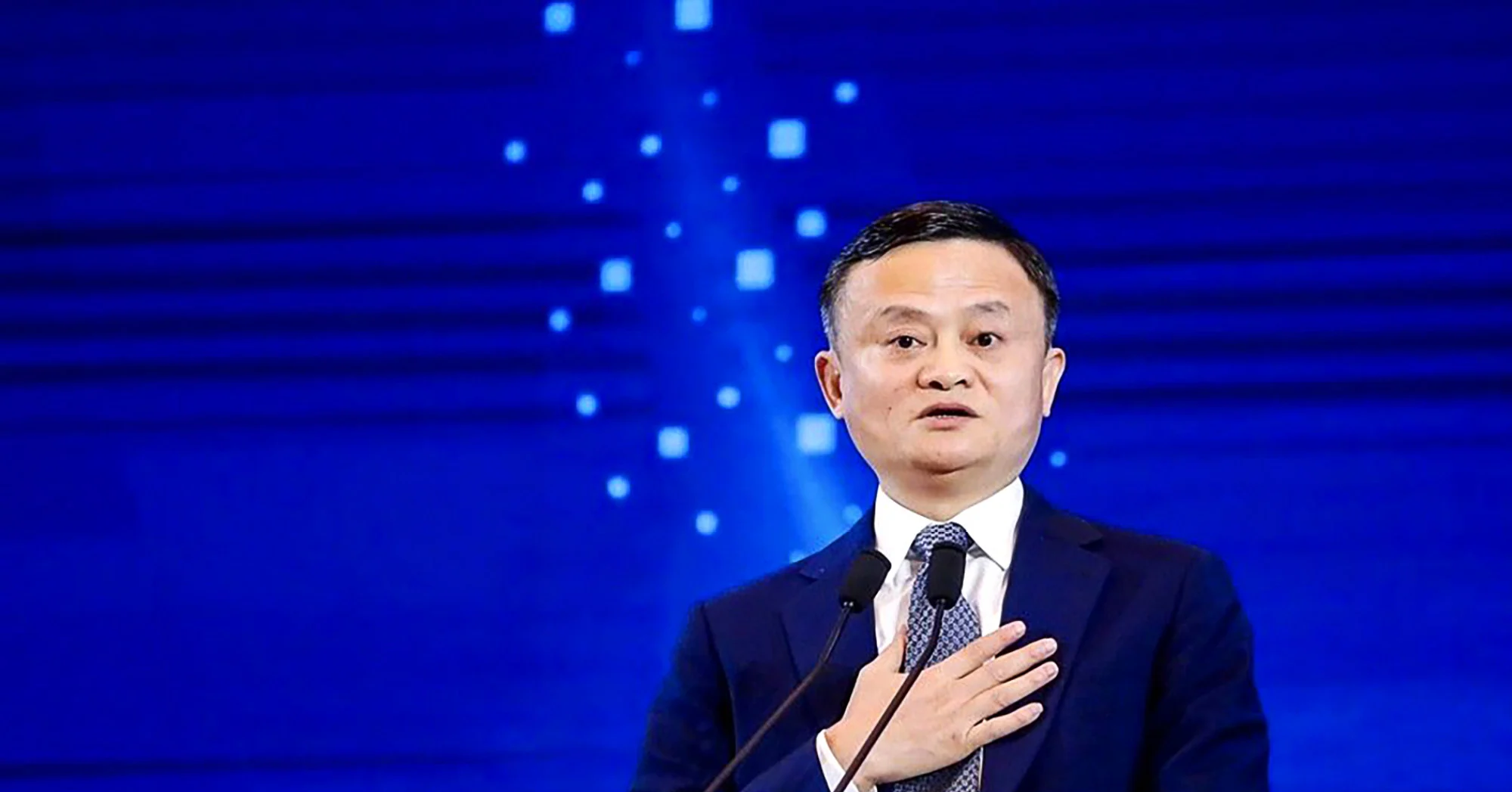


![[Photo] Summary of parade practice in preparation for the April 30th celebration](https://vstatic.vietnam.vn/vietnam/resource/IMAGE/2025/4/11/78cfee0f2cc045b387ff1a4362b5950f)


























































Comment (0)